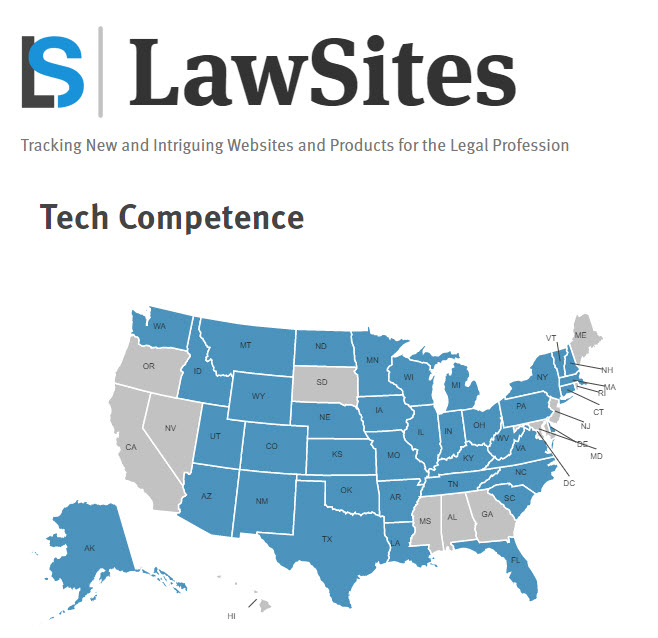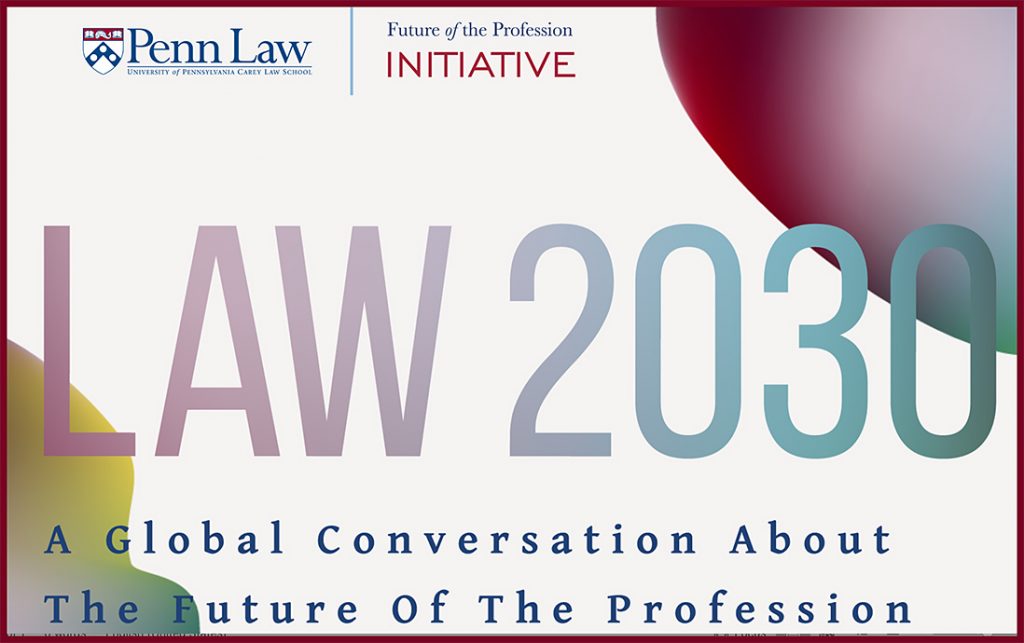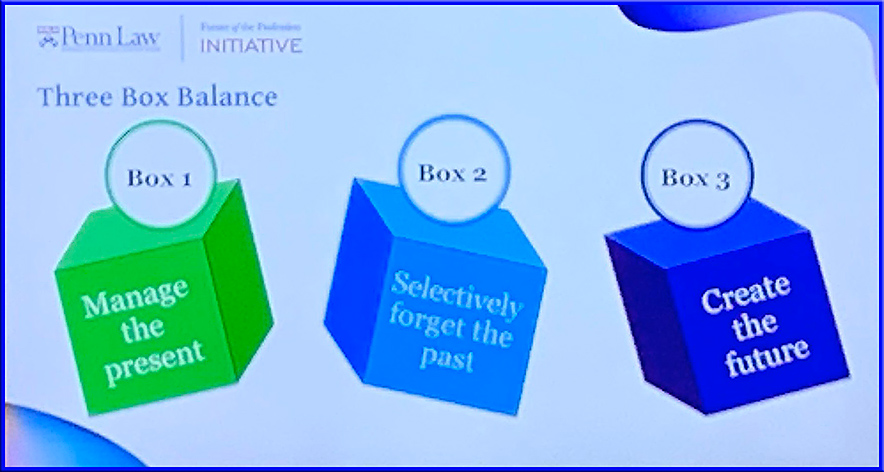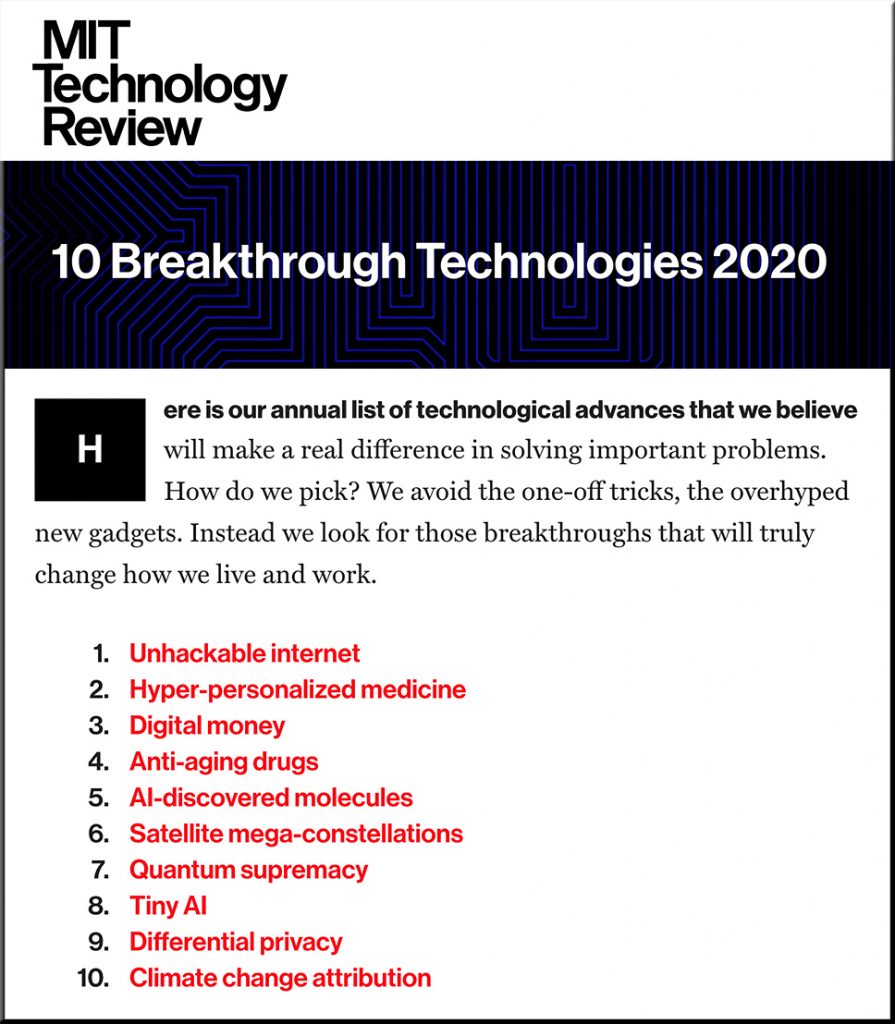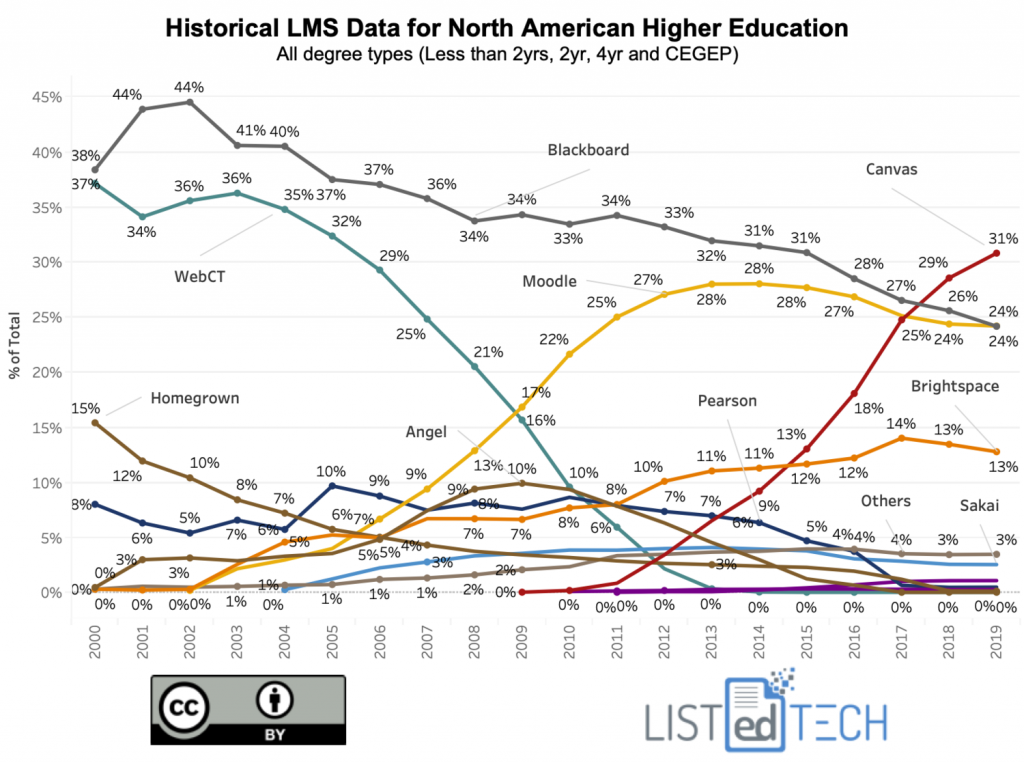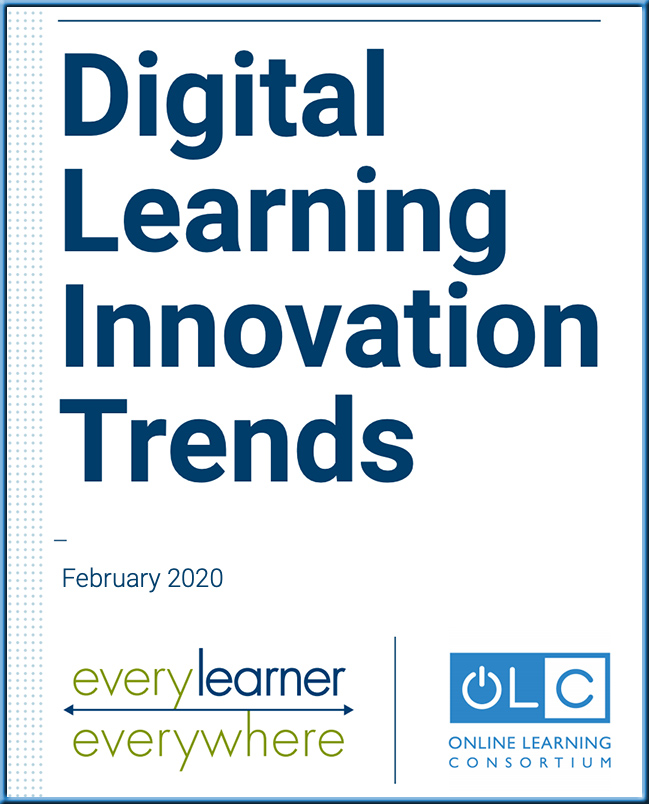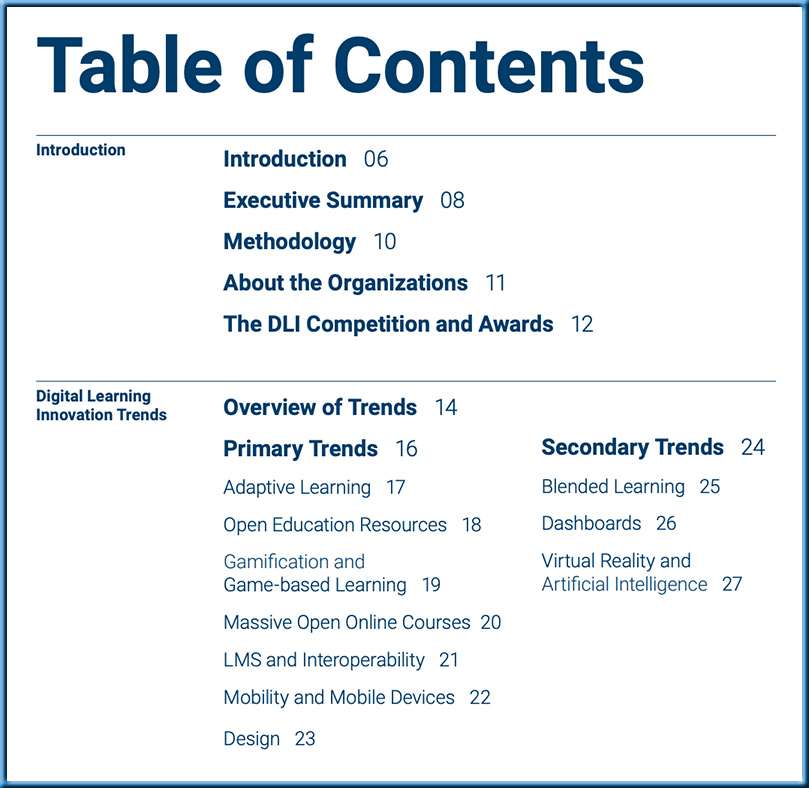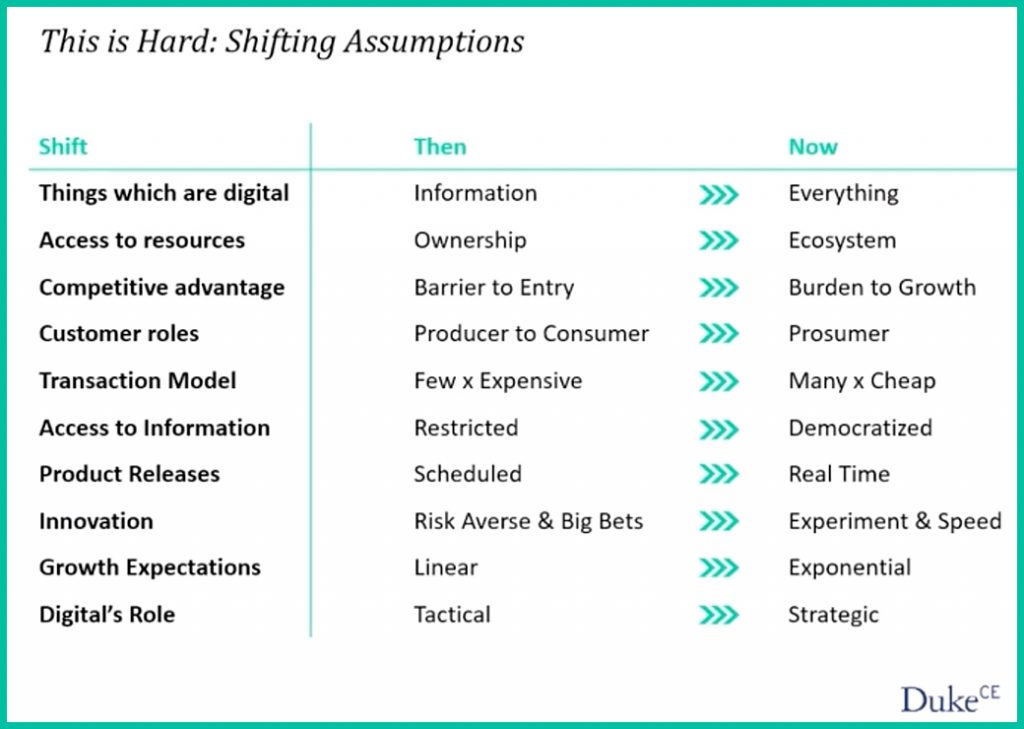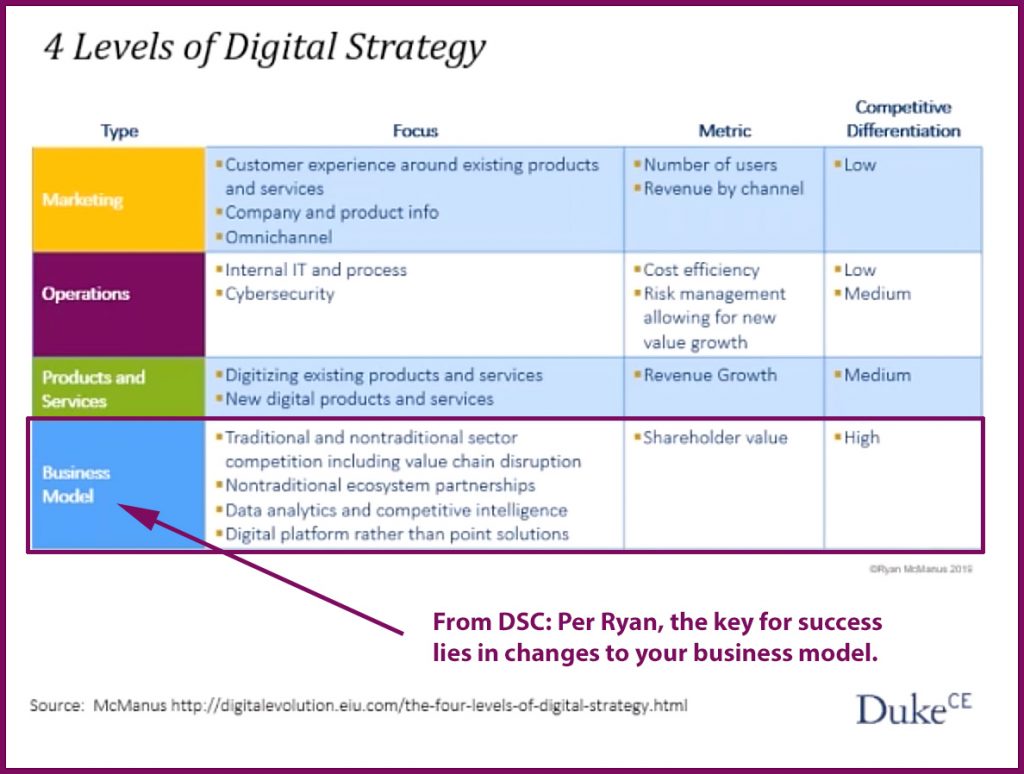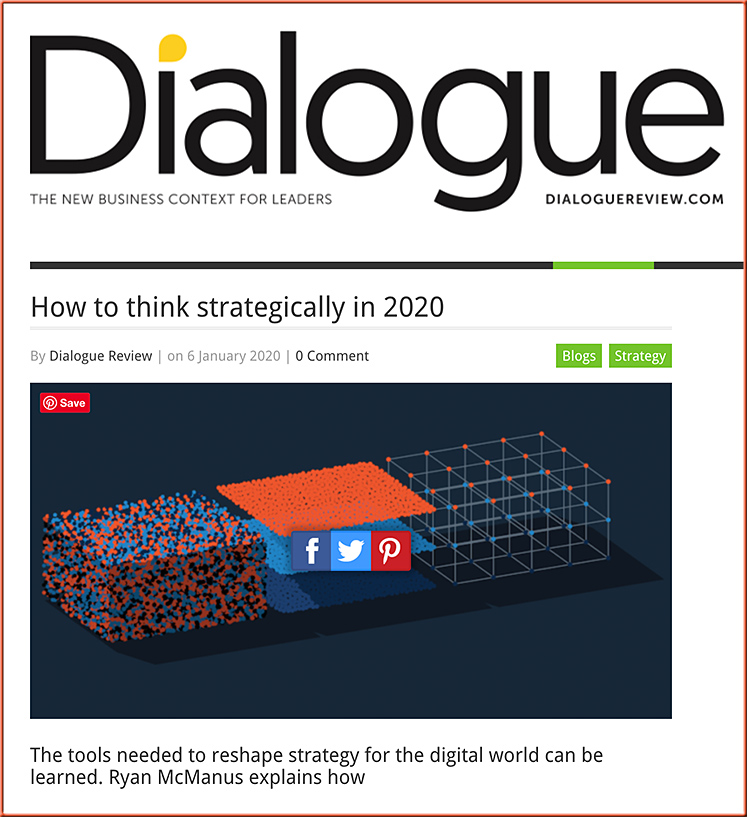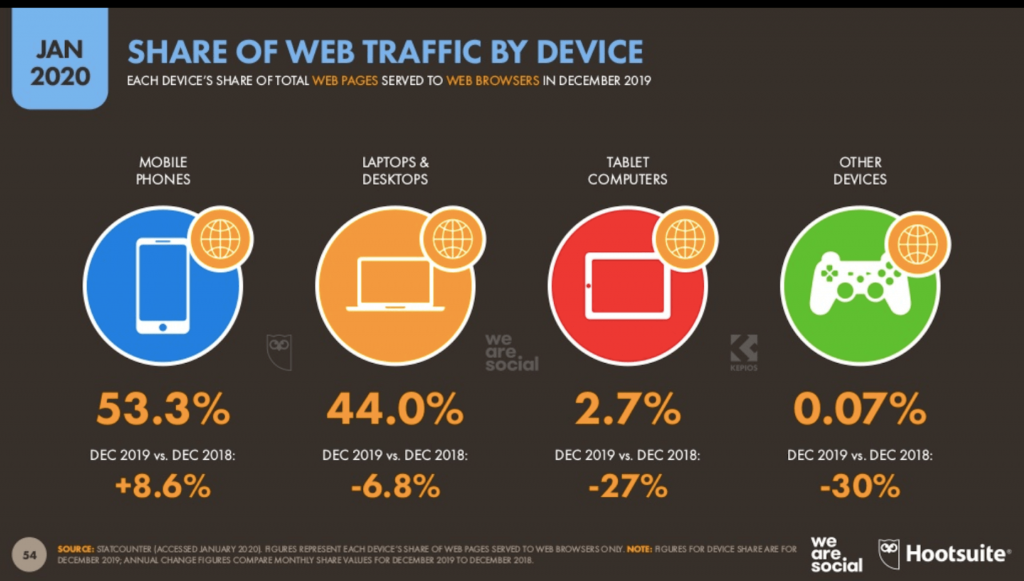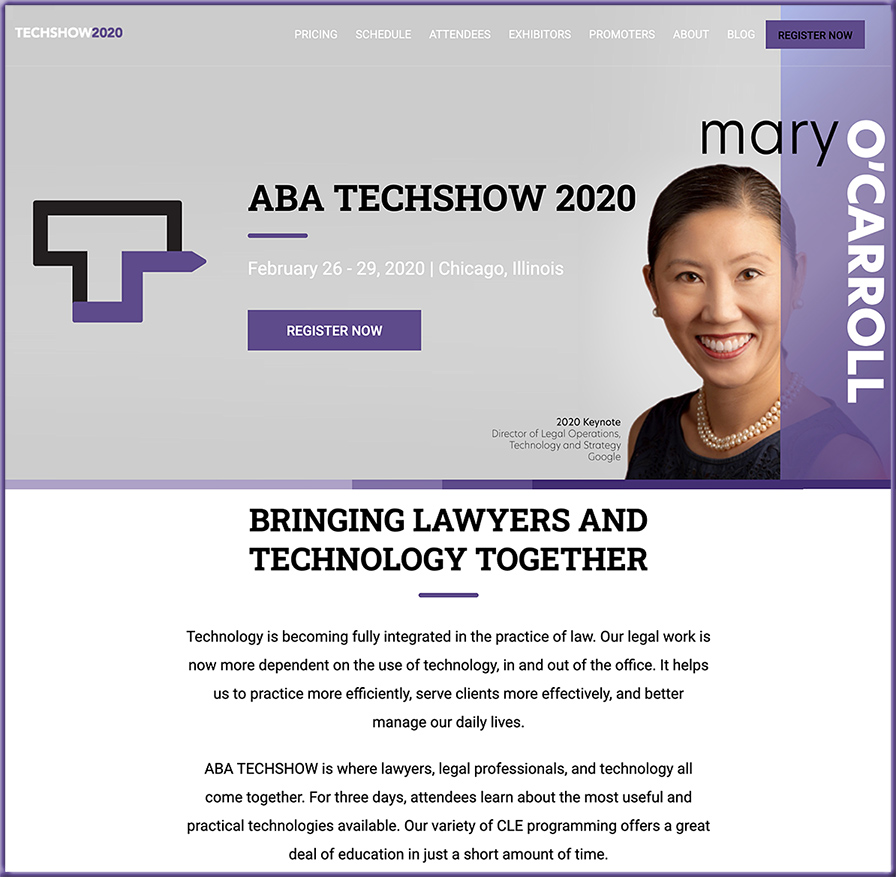
Also see:
EU Proposes Strict Regulations for AI — from futuretech360.com by John K. Waters
Excerpt:
The European Union this week unveiled its first proposed regulations for artificial intelligence (AI) technology, along with a strategy for handling personal digital data. The new regs provide guidance around such AI use cases as autonomous vehicles and biometric IDs.
Published online by the European Commission, the proposed regulations would apply to “high-risk” uses of AI in areas such as health care, transportation and criminal justice. The criteria to determine risk would include such considerations as whether a person might get hurt, say, by a self-driving car or a medical device, and how much influence a human has on an AI’s decision in areas like job recruiting and law enforcement.
From DSC:
Here are two other example of AI’s further integration into the legal realm:
Casetext is Automating Litigation — from businesswire.com
Casetext’s new litigation automation technology, Compose, automates substantive legal work — and a substantial number of billable hours
Excerpt:
SAN FRANCISCO–(BUSINESS WIRE)–Casetext, the legal technology company known for its groundbreaking A.I. legal research platform, today announces a new product that will define litigation automation: Compose. Compose, which automates the first draft of a legal brief, is poised to disrupt the $437 billion1 legal services industry and fundamentally change our understanding of what types of professional work are uniquely human.
UC Irvine School of Law To Integrate Blue J Legal’s AI-Enabled Tax Platform into Curriculum — from businesswire.com
First of its kind initiative aims to prepare graduate students for careers in tax law where AI will be integral to the decision-making process
The joint effort aims to demonstrate why advanced technological integration in higher education is important and how to leverage it, specifically in tax law.









